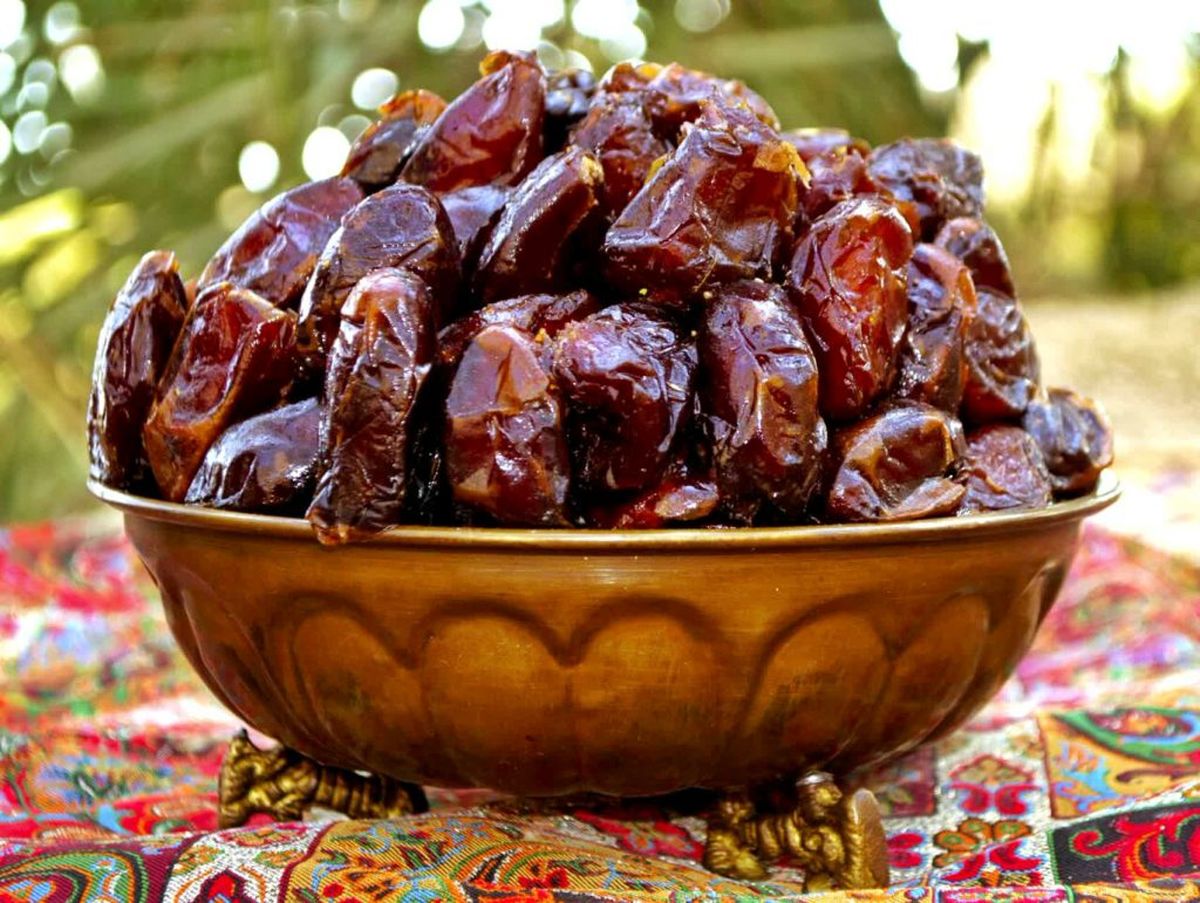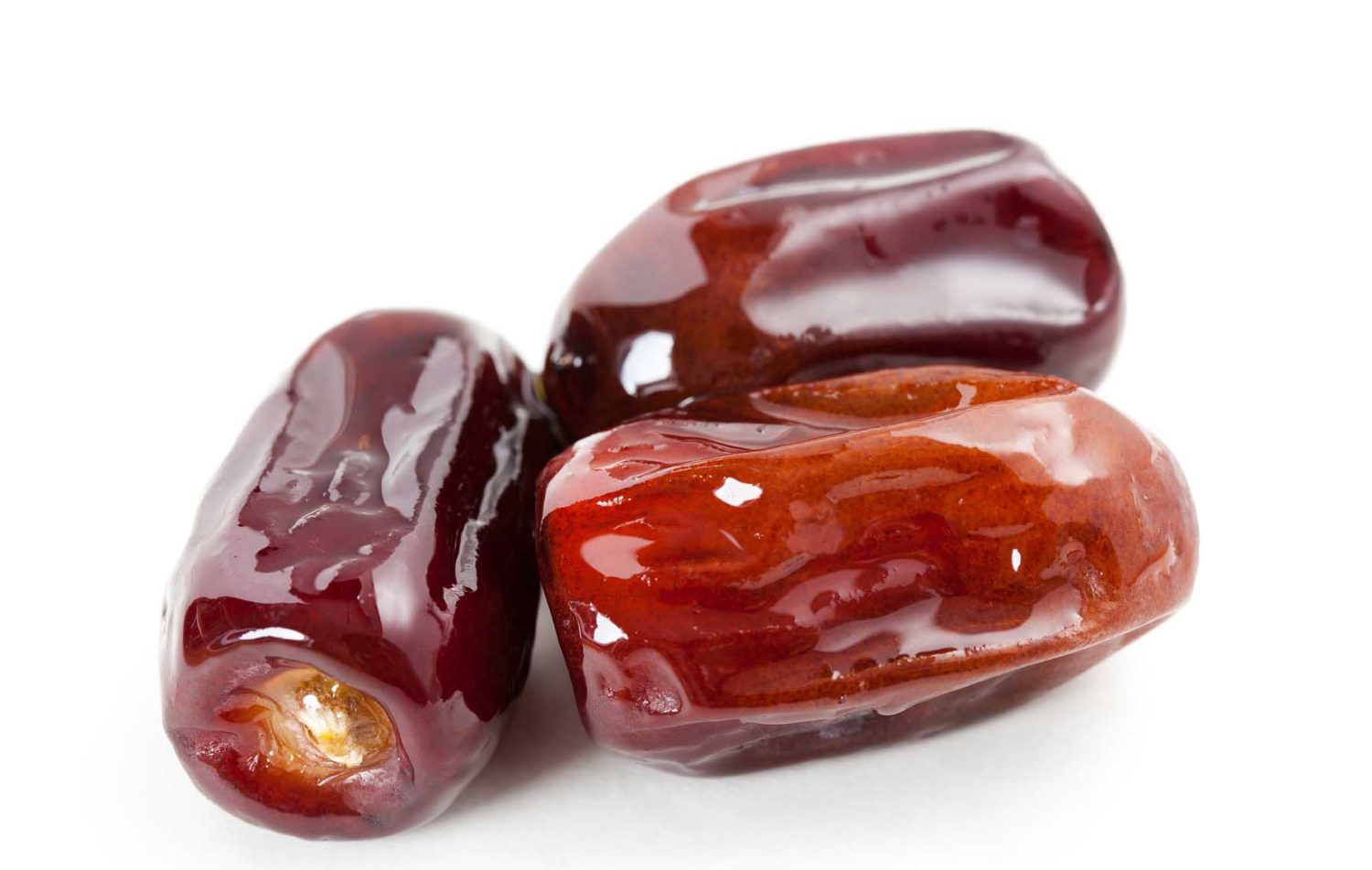Kabkab Dates: A Guide for Importers and Exporters
Introduction
Kabkab dates are a premium variety of date known for their large size, amber color, and sweet, delicate flavor. They are grown in the southern province of Hormozgan, Iran, and are considered to be one of the finest dates in the world.
Cultivation and Harvesting
Kabkab dates are cultivated in a hot and dry climate, with temperatures ranging from 30 to 50 degrees Celsius. The trees are irrigated regularly, and the dates are harvested by hand in the fall.
Processing and Packaging
After harvesting, the dates are cleaned, sorted, and packed. They are then stored in a cool, dry place to preserve their quality.
Export and Import
Kabkab dates are exported to countries all over the world, including Europe, North America, and Asia. The main export markets for Kabkab dates are:
- Europe: Germany, France, the Netherlands, and the United Kingdom
- North America: The United States and Canada
- Asia: Japan, China, and South Korea
Kabkab dates are also imported by countries that do not produce their own dates. The main import markets for Kabkab dates are:
- Europe: Russia, Poland, and Turkey
- North America: Mexico and Brazil
- Asia: India, Pakistan, and Saudi Arabia
Buying and Selling
Kabkab dates can be bought and sold in bulk or in retail quantities. Bulk dates are typically sold to wholesalers and distributors, while retail dates are sold to consumers.

Trading
The international trade of Kabkab dates is a complex process that involves many different players, including growers, exporters, importers, and distributors. The trade is governed by a number of international regulations, including those set by the World Trade Organization (WTO).
Logistics
The logistics of transporting Kabkab dates from the grower to the consumer is a complex and challenging task. Dates must be transported in a way that preserves their quality and prevents spoilage.
Transfer
Kabkab dates are typically transferred between different countries by sea or air. Sea freight is the most common method of transportation, as it is the most cost-effective. Air freight is used for smaller shipments or when time is of the essence.
Packaging
Kabkab dates are typically packaged in cartons or boxes. The packaging must be strong enough to protect the dates during transportation and storage.
Bulk
Kabkab dates are often sold in bulk to wholesalers and distributors. Bulk dates are typically packed in cartons or boxes.
Conclusion
Kabkab dates are a valuable commodity that is traded all over the world. The international trade of Kabkab dates is a complex process that involves many different players. The logistics of transporting Kabkab dates from the grower to the consumer is a complex and challenging task.
To read more, you can refer to Wikipedia
How to buy Kabkab dates
To buy Kabkab date, you can contact our company, which is called Atanuts, so that our colleagues can fully guide you and get a discount on your purchase.
Thank you for reading.



